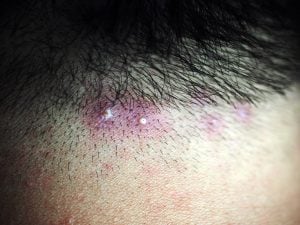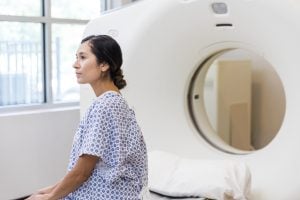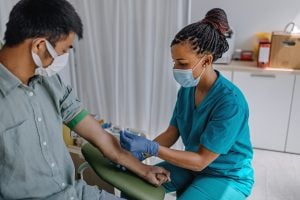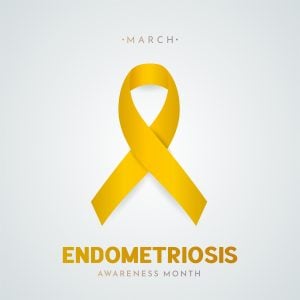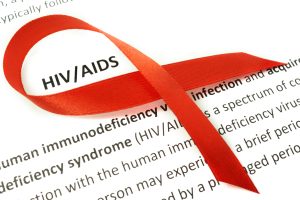 Sometimes, people mistakenly use the terms AIDS and HIV interchangeably. The two conditions are related but different.
Sometimes, people mistakenly use the terms AIDS and HIV interchangeably. The two conditions are related but different.
HIV (human immunodeficiency virus) is a virus that can lead to AIDS (acquired immunodeficiency syndrome). HIV can be transmitted through:
- Unprotected sex
- Contact with bodily fluids such as blood, semen, or vaginal fluids
- Sharing needles with an infected person
- Transfusion of contaminated blood products
HIV can also be transmitted from an HIV-infected mother to a child during pregnancy, birth, and breastfeeding.
When a person is infected with HIV, the virus weakens and gradually destroys the immune system, making it difficult for the body to fight infections and diseases. The symptoms of HIV include:
- Swollen lymph nodes
- Fevers
- Mouth ulcers
- Weight loss
- Night sweats
- Fatigue
- Rash
- Muscle aches
- Diarrhea
- Sore throat
HIV can be treated through antiretroviral therapy (ART), which includes a combination of HIV medications. ART prevents the virus from multiplying and reduces the amount of HIV in the blood. If HIV is left untreated, it can progress to the chronic stage of infection or clinical latency and eventually the onset of AIDS.
AIDS is the most advanced stage of HIV. The immune system is severely damaged at this stage. Opportunistic infections, which are infections that are uncommon in people with healthy immune systems and certain cancers, are more likely to develop. These illnesses may include:
- Recurrent pneumonia
- Candidiasis
- Mycobacterium tuberculosis
- Kaposi sarcoma
- Lymphoma
- Cryptococcal meningitis
- Cytomegalovirus
- Wasting syndrome
If you are at risk of contracting HIV and are experiencing symptoms of infection, you should see a doctor. Your physician will ask questions about your medical history and lifestyle, conduct a physical examination, and order a series of tests to determine a diagnosis.
There is no cure for HIV; however, it can be managed through ART, medication monitoring, and applying lifestyle changes that help support the immune system.
All content of this newsletter is intended for general information purposes only and is not intended or implied to be a substitute for professional medical advice, diagnosis or treatment. Please consult a medical professional before adopting any of the suggestions on this page. You must never disregard professional medical advice or delay seeking medical treatment based upon any content of this newsletter. PROMPTLY CONSULT YOUR PHYSICIAN OR CALL 911 IF YOU BELIEVE YOU HAVE A MEDICAL EMERGENCY.




